Jacqueline Geddes-Smith started suffering perimenopause symptoms when she was 37-years-old.
At first she didn’t realise what was happening to her.
All she knew was that she was struggling at work, in a job she knew well, and she didn’t feel able to speak to her manager about it.
It took a long time for the production manager at Aberdeen-based firm Xodus to get a diagnosis and the help that she needed.
Here Jacqueline, 46, tells her story of how she’s faced the challenges, and she wants other women to realise they don’t need to go through it alone…
I was diagnosed as being in menopause five years ago, and that had been building.
We think it probably started when I was 37. It was more gradual symptoms; a slow creep up of things and I knew there was something not right.
I remember going to my GP and discussing them and being told as you get older these things happen.
For a long time, I was struggling to get recognition through the medical arena of what was happening.
I was quite young for it to happen; it wasn’t a typical age. But the more research I did into it, the more I recognised that it’s not too uncommon.
It came to breaking point when I was 41.
‘I was struggling a lot with brain fog’
Going through it earlier can bring its own particular challenges.
For me, I had not long got married so it was the recognition that there was family options that weren’t necessarily open to me.
So there can be a huge mental struggle and lots of things that you’re trying to balance up.
I didn’t feel able to verbalise that, or to speak to my manager about it.
I put quite a lot of emphasis on my technical performance and being able to deliver when I was struggling a lot with brain fog.
That really impacted on my work life, because it was much more stressful, along with all the other symptoms I was experiencing, such as severe fatigue and muscle aches.
If you go through the list of menopause symptoms – there are around 40 recognised symptoms – I had pretty much 75% of them.
So I was on the unlucky end of the spectrum.
‘Words and figures would almost fall out of my head’
Part of my role is looking after a lot of projects and engineers, and through the management aspect I needed to remember a lot of facts and figures.
Fatigue makes that hard at the best of times, but the brain fog was really difficult to manage and the memory loss that went along with it.
Words and figures would almost fall out of my head, you would go to get them and there was nothing there.
And that was really difficult to deal with. So I had to try and come up with mechanisms to get around that which sometimes helped, and sometimes didn’t.
Fatigue, getting up early in the morning, travelling to the office – that was difficult.
‘I was constantly worried I was not performing’
All my energy went into delivering at work so I wasn’t “found out”.
That brought its own stresses with it as well, constantly being worried that I wasn’t performing; that I was going to be found out not performing and that that would have a negative impact on my position within the company.
And I don’t really want anybody else to go through that.
I’m very lucky that I’ve got a couple of friends who are very open and talking about this.
One of my friends mentioned it to me when I was going through tests and discussions with the GP and asked if I thought it could be the menopause.
And it was really through that conversation that I raised it with the GP and we went down that avenue and found out.
The diagnosis
For me, there was probably about a year that I was back and fore to my GP.
When I asked if it could be menopause, at first I was told that I was too young. But then I pushed for the tests.
It was probably a good three months from that point until I had an answer and I was offered HRT.
But as we know from the Davina McCall campaign, GP training when it comes to menopause – through no fault of their own necessarily – sadly is not very good. And it’s kind of a hit or miss.
And I didn’t get to a place where my HRT was working for me that I felt I was really getting any positive benefit from it.
On paying to see a menopause specialist…
Thankfully, I was in a position where I could pay to see a private GP who specialises in menopause.
That was definitely a game changer for me. She went through everything.
She asked me what medication I was on and advised on a change in the HRT I was taking and gave some other options.
It really changed from that point onwards. Within a month of getting this in place I was feeling a good bit better.
One of the things that’s getting a lot of attention just now is testosterone and it’s something that can benefit a lot of women.
But actually getting access to that is quite difficult.
I did get access to it, thankfully, and yes it has really helped.
What happened at work?
From my perspective, I’m really fortunate that Xodus is on a journey of diversity, equality and inclusion.
And as part of this they are open to having really honest and frank discussions about what that means.
Because of that I was able to put my hand up and have discussions about what was happening to me.
The Davina Mccall campaign was just kicking off and there were the discussions I’d had with friends.
I thought: “Do you know what, all this needs is for people to start talking about it.”
We held a facilitated podcast-style discussion and we opened that across our organisation to everybody, not just women, but men too.
We shared personal experiences from myself and a senior male representative in the organisation who also shared how menopause showed up in his life.
There’s a knowledge across the company now that I’m a focal point for menopause. If anybody wants to discuss it, or if they want more information, they can come to me.
How can other businesses help their employees?
Women need to be able to talk about it without fear of judgement.
That’s where manager training comes in, we need to break down the embarrassment on both sides to make it a normal part of conversation.
To discuss things like flexible home working which can have direct positive benefits for women.
One of the very positive things that came from Covid was that people were allowed to work remotely and work more flexibly.
It actually had a really positive benefit for women who are experiencing menopause symptoms.
There might be people who aren’t able to have windows open or fans on their desk because people in the same area might complain that it’s too cold.
There’s also women struggling to present in front of large groups of people because of memory fog.
One of the things we talked about in Xodus is having a quiet space. It can multifunction for anyone; whether it’s a mum who is breastfeeding, or somebody who is looking for a quiet place to collect their thoughts.
Or it could be somebody suffering from menopause symptoms having a hot flush who just wants to be in a private environment for 10 minutes.
Allowing people to use an area like that can be beneficial – and it’s a small thing. A lot of these small things can really add up.
‘Everybody asks when will you get back to normal?’
One area I feel really passionate about is that no woman should have to feel like she’s going through this alone, or unsupported.
And it should never really get to that choice of wondering whether you have to leave your job because it’s become too hard.
It is a natural part of life and it doesn’t stop.
Everybody asks ‘when will you get back to normal?’
You won’t; you’re not going to go backwards. You go forward and things might improve, but it will be different and that’s how life is and we need to be able to recognise that.
In other cultures in the world this time in a woman’s life is looked at as them stepping into their power, stepping forwards.
This is when they will become the matriarchal leaders of their societies. But I think in the western culture we don’t look at it in this way.
We look at it as almost an end of life time when it is not. It’s midlife; there’s a lot more life left in us once we’ve gone through this.
Going forward a number of women have said they’ve never felt better, or more secure in themselves or more confident coming out of the other side of it.
You will change and grow and there can be really positive things that come from it.
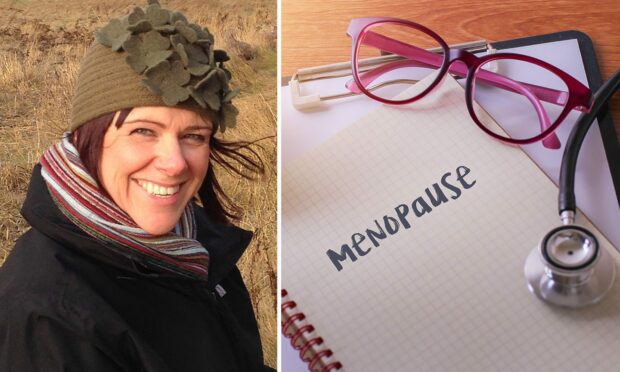

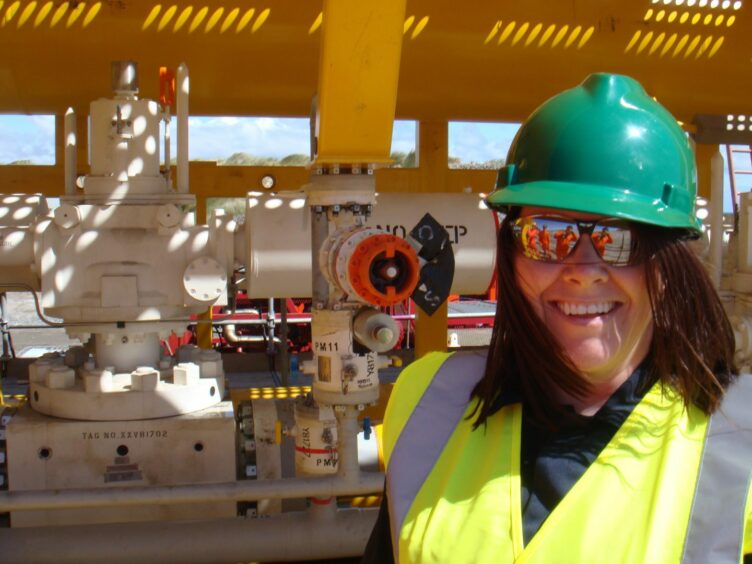




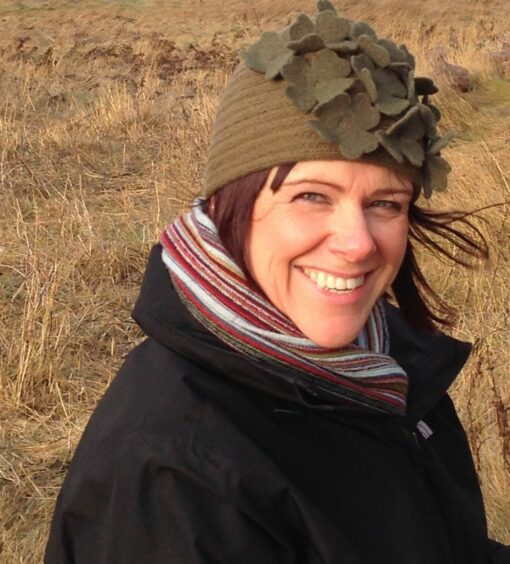
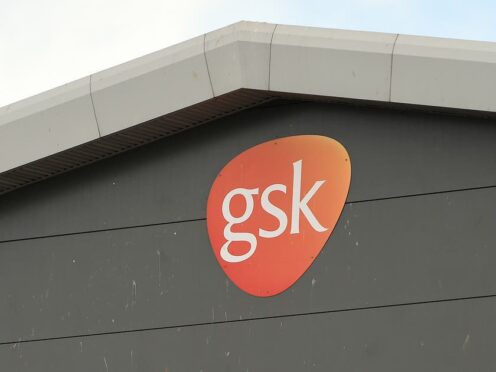


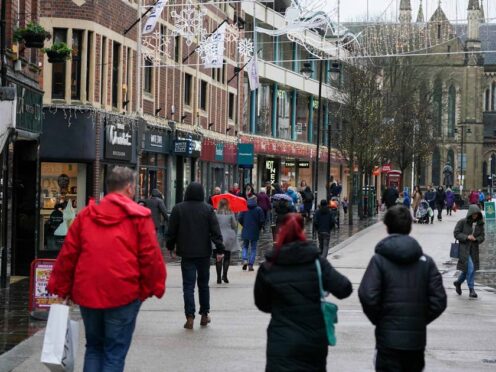



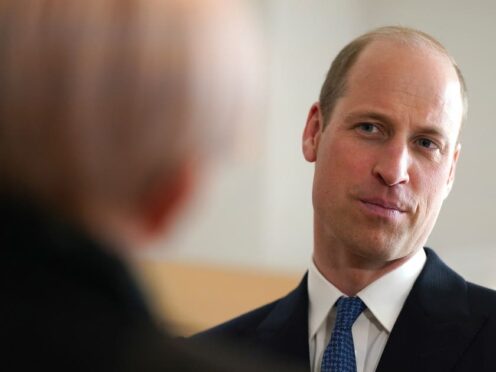

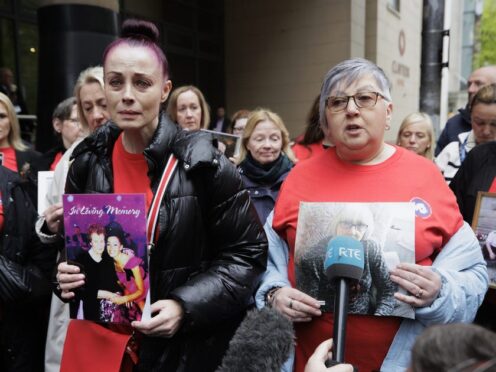
Conversation